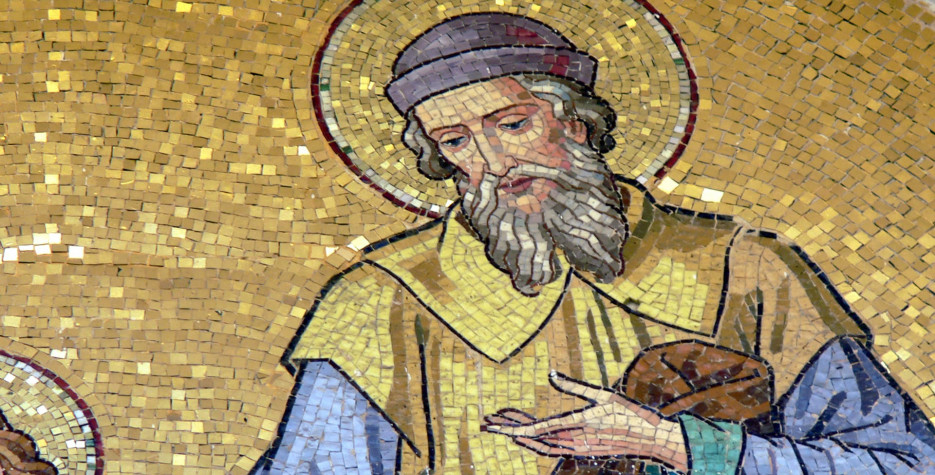When is St. Joseph's Day?
Saint Joseph's Day, 19th March, has been the Feast of St. Joseph in Western Christianity since the tenth century.
In Colombia, St. Joseph's Day is celebrated on the Monday closest to 19th March.
In Spain, this is a regional holiday celebrated in Castilla-La Mancha, Galicia, La Rioja, Madrid, Melilla, Murcia and Valenciana only.
In Switzerland, this is a regional holiday celebrated in Graubünden, Lucerne, Nidwalden, Schwyz, Solothurn, Ticino, Uri and Valais only
History of St. Joseph's Day
Saint Joseph was the husband of the Blessed Virgin Mary and the foster father of Jesus. All we know about Joseph comes from the accounts of the nativity in the New Testament.
He was a tradesman, commonly he is said to have been a carpenter, but it's possible he may have been a stone worker. He was said to have been a direct descendent of David, the great king of Israel.
Since Joseph is not mentioned in any accounts of Jesus' public life, his crucifixion, or resurrection, it is thought that Joseph died before Jesus started preaching.
St. Joseph is the patron saint of the Catholic Church, unborn children, fathers, immigrants, workers, Vietnam and the Philippines.
Despite knowing so little about Joseph, he still has two feast days in the Western church. In his capacity as the patron saint of Workers, 1st May was established as the Feast of "St. Joseph the Worker" in 1955. This is seen as an attempt to counteract the social and non religious growth of Labour Day as a worldwide holiday.
How is St. Joseph's Day celebrated?
St. Joseph's day always falls in Lent, so meals on his day are always associated with meatless dishes. In Italy a tradition is to serve food that contains bread crumbs as these represent saw dust since St. Joseph was a carpenter.
In Valencia, Spain, St. Joseph's Day is celebrated as Fallas, a city-wide celebration that lasts for five days.
The Eastern Orthodox Church celebrates Saint Joseph's Day on the Sunday after Christmas.
Fathers' Day
St. Joseph is the patron saint of fathers and in some catholic countries, notably Italy, Portugal and Spain, Fathers' Day is celebrated on St. Joseph's Day.


